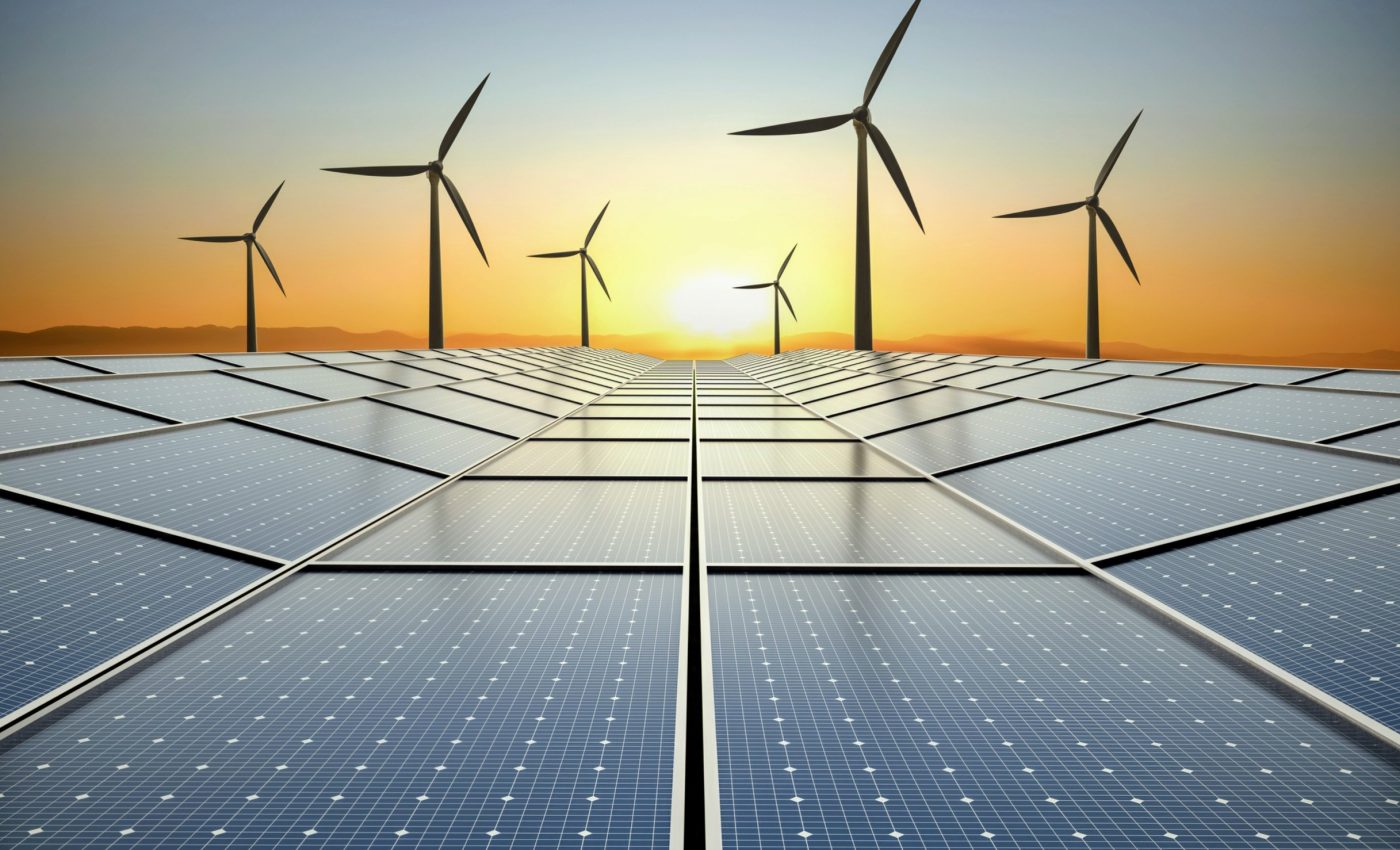
Climate action: Economies can grow while cutting emissions
Welcome to the fascinating, albeit daunting, world of climate action. While it may seem like a constant barrage of distressing news, it is not all grim.
Some promising developments have emerged from the front lines of climate action, offering hope amid the crisis.
Decoupling economic growth from emissions
Researchers at the Potsdam Institute for Climate Impact Research (PIK) in Germany found that 30% of global regions have successfully managed to decouple economic growth from carbon emissions.
“Historically, economic growth has been closely coupled to carbon emissions responsible for climate change, but to stabilize global mean temperature, net-zero carbon emissions are necessary,” wrote the researchers.
“Some economies have begun to reduce emissions while continuing to grow, but this decoupling is not fast enough to achieve global climate targets.”
Global progress in climate action
It is a commonly held notion that economic growth is inevitably intertwined with carbon emissions.
This belief has long been a significant barrier in the fight against climate change, as many fear that robust economic development comes at an environmental cost. However, recent studies have been proving this wrong.
“Regions with high incomes and a history of carbon-intensive industries, as well as those with significant shares of service and manufacturing sectors were particularly successful in reducing carbon emissions while still experiencing economic growth,” said study co-author Anders Levermann.
“A stabilization of the global mean temperature is only possible with net-zero carbon emissions. That means that if economies want to grow, they need to be decoupled from CO2 emissions.”
This decoupling is a significant breakthrough, demonstrating that it is possible to achieve economic prosperity without further harming the planet.
The power of local climate action
The researchers have not been focusing solely on nations or individual cities, as is the norm. They have taken a more granular approach while keeping their scope global.
The team analyzed 1,500 subnational regions, accounting for a whopping 85% of global emissions. The experts identified significant global patterns of decoupling.
The analysis reveals that local climate action has emerged as a powerful force in driving decoupling efforts. Regions that have prioritized climate mitigation through strategic planning and targeted funding are leading the way, showing that focused local initiatives can fuel broader progress.
Global decoupling trends
“Specifically, EU cities that have implemented climate mitigation plans and regions that have received increased financial support for climate actions tend to show higher rates of decoupling,” said lead author Maria Zioga.
“Notably, Europe consistently outperforms other parts of the world, with many of its regions showing a continuous decoupling trend over the past 20 years.”
“In contrast, North America and Asia have seen more fluctuating decoupling patterns over the decades, but there’s been an improvement trend in the last decade.”
This success highlights the importance of empowering local governments and communities to take initiative in climate action.
By tailoring strategies to local conditions and needs, regions can achieve more effective and efficient outcomes.
Achieving net-zero emissions
Despite the progress, the road ahead remains challenging. The PIK scientists estimate that if current decoupling rates persist, less than half of the subnational regions will be able to achieve net-zero carbon emissions by 2050.
The challenge is formidable, as it requires a comprehensive transformation of energy systems, industrial processes, and societal behaviors.
“Developed countries appear likely to fulfill these targets ahead of others, but overall recent trends appear inadequate for achieving the net-zero by mid-century in most regions,” said study co-author Max Kotz.
“Therefore, all levels of government need to step up and developed countries in particular should increase their efforts and investment in the energy transition in the countries of the global south in order to meet net-zero targets globally.”
The science is clear, and the path is laid out. We must invest in renewable energy, innovate in technology, and strengthen international cooperation to ensure that the gains made in decoupling economic growth from carbon emissions are expanded and sustained.
The study is published in the journal Proceedings of the National Academy of Sciences.
—–
Like what you read? Subscribe to our newsletter for engaging articles, exclusive content, and the latest updates.
Check us out on EarthSnap, a free app brought to you by Eric Ralls and Earth.com.
—–













